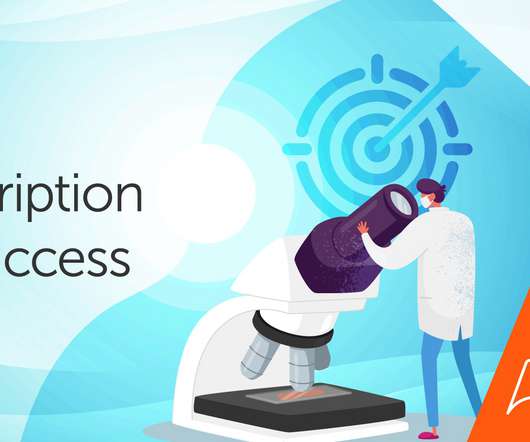7 Ways that Hyperautomation Is Transforming Retail
Automation Anywhere
JUNE 9, 2022
Gartner defines hyperautomation as “a business-driven, disciplined approach that organizations use to rapidly identify, vet, and automate as many business and IT processes as possible.” RPA key to hyperautomation Robotic Process Automation (RPA) is hyperautomation’s foundational technology. This is up from $481.6














Let's personalize your content